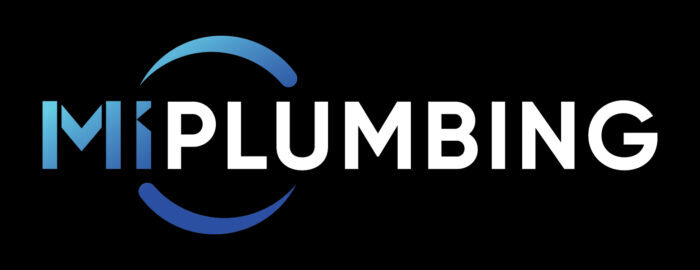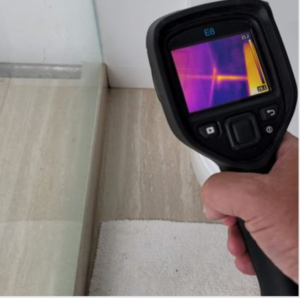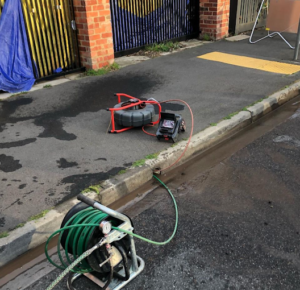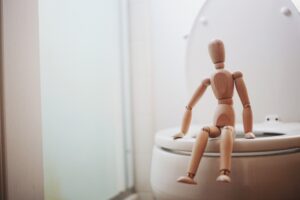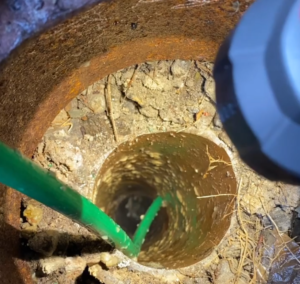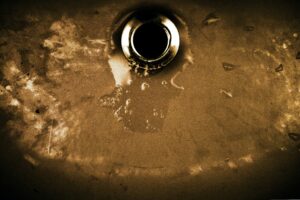Plumbing issues can strike at the most inconvenient times, turning our daily routines into a watery challenge. Whether it’s a leaky faucet, a clogged drain, or a running toilet, these common plumbing problems can be a source of frustration for homeowners. However, fear not! In this guide, we’ll explore various plumbing issues and equip you with simple, effective DIY solutions to save the day.
1. Leaky Faucets: A Drip Too Far
Leaky faucets not only waste water but can also be an annoying background noise. Most often, a worn-out washer or O-ring is the culprit. To fix this, turn off the water supply, disassemble the faucet, replace the damaged parts, and reassemble.
2. Clogged Drains: Dealing with the Blockage
Clogged drains are a common household nuisance. Hair, soap scum, and food particles are typical culprits. Try using a plunger, a drain snake, or a mixture of baking soda and vinegar to clear the blockage without resorting to harsh chemicals.
3. Running Toilets: A Silent Water Waster
A running toilet is not just an annoyance; it’s wasting water silently. Check the flapper, fill valve, and flush valve for issues. Adjust or replace these components to stop the continuous flow and save water.
4. Low Water Pressure: A Slow Dilemma
Low water pressure can make simple tasks like showering or doing dishes frustrating. Inspect for leaks, sediment buildup, or issues with the pressure regulator. Addressing these concerns can help improve water pressure.
5. Water Heater Woes: No More Cold Showers
If your water heater is acting up, check for issues like a faulty thermostat, sediment buildup, or a worn-out heating element. Flushing the tank and replacing faulty components can restore your hot water supply.
6. Burst Pipes: A Plumbing Nightmare
Burst pipes are a plumbing emergency. If you encounter one, turn off the water supply immediately and open faucets to relieve pressure. Patching or replacing the damaged section is crucial, and professional help may be necessary.
7. Faulty Garbage Disposal: Grinding to a Halt
Issues with garbage disposals often arise from improper use or foreign objects. Use the reset button, check for clogs, and manually turn the disposal to free up jams. Avoid putting non-food items down the disposal to prevent future problems.
8. Sump Pump Malfunctions: Avoiding Basement Floods
Sump pumps play a vital role in preventing basement floods. Regularly check for debris, test the pump, and inspect the float switch. Keeping your sump pump in good condition is essential for a dry basement.
9. Faulty Shut-off Valves: Turning Off the Problem
Leaky or stuck shut-off valves can cause water damage if not addressed promptly. Turn off the main water supply, disassemble the valve, and replace any damaged parts. Lubricate the valve for smoother operation.
10. Pipe Rattles and Hammering: A Noisy Affair
Noisy pipes can be irritating. Water hammer, caused by sudden stops or changes in water flow, is a common culprit. Install water hammer arrestors or adjust water pressure to mitigate the noise.
11. Foul Odors: Tracing the Unpleasant Smells
Unpleasant smells from drains can be due to organic matter accumulating in pipes. Use a mixture of baking soda and vinegar or a commercial drain cleaner to eliminate odors. Regularly clean drains to prevent future issues.
12. Freezing Pipes: Winter Woes
Frozen pipes can lead to costly damage. Insulate exposed pipes, keep cabinets open in cold weather, and let faucets drip during freezing temperatures to prevent pipes from freezing. If pipes do freeze, thaw them gradually using a heat source.
13. DIY Plumbing Toolkit: Essentials for Every Home
Building a DIY plumbing toolkit is essential for tackling minor issues. Include items like a plunger, adjustable wrench, pipe wrench, pipe cutter, and plumber’s tape. Having these tools on hand can save you time and money on basic repairs.
Conclusion
In conclusion, understanding and addressing common plumbing issues can empower homeowners to handle minor repairs on their own. From leaky faucets to frozen pipes, armed with the right knowledge and tools, you can maintain a smoothly functioning plumbing system. Remember, if a problem seems beyond your expertise, don’t hesitate to seek professional help.
Frequently Asked Questions
Can I use chemical drain cleaners to unclog my drains?
While they may work, chemical drain cleaners can damage pipes over time. It’s advisable to use mechanical methods like a plunger or drain snake first.
How often should I flush my water heater?
Flushing your water heater annually helps remove sediment and ensures efficient operation. However, check your manufacturer’s recommendations for specific guidelines.
Is it necessary to hire a professional for every plumbing issue?
Not necessarily. Many minor plumbing issues can be resolved with DIY solutions. However, if you’re unsure or the problem persists, consulting a professional is recommended.
What should I do if I experience a burst pipe?
Turn off the main water supply, open faucets to relieve pressure, and contact a professional plumber immediately for assistance.
Are there preventive measures to avoid plumbing issues?
Yes, regular maintenance such as clearing drains, insulating pipes in winter, and testing sump pumps can help prevent common plumbing problems.
